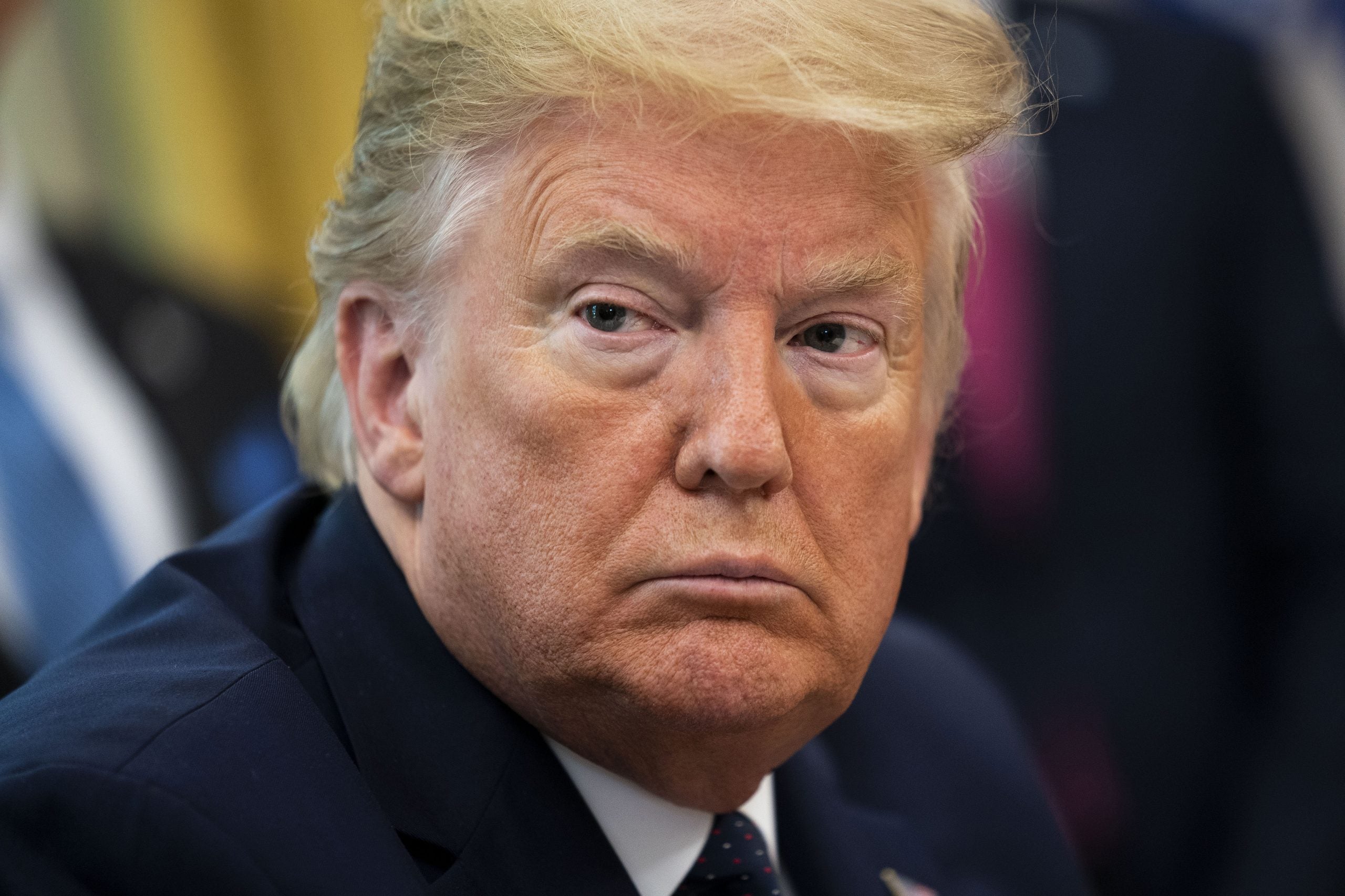These last few weeks have been incredibly difficult for Black people in our country, including me. Systemic racism has revealed its ugly countenance at every turn: the high-profile killings of George Floyd, Breonna Taylor, and Tony McDade, among others, served more tragic reminders of the disproportionate impact of police violence on Black communities—and with Ahmaud Arbery, the justice system’s indifference to white vigilante murders of Black people.
These losses to our community have occurred against the backdrop of the coronavirus pandemic, which has disproportionately affected Black people in America. While many Americans fear contracting coronavirus, as a Black woman with a preexisting condition, I fear more than most. I have multiple sclerosis (MS), an auto-immune disease that attacks the central nervous system. With the way COVID-19 has ripped through Black communities, as recorded in the CDC’s Coronavirus 2019 report, the connection between individual health and community health comes at a dangerous time. Since a quarter of Black people are employed in service industry jobs that cannot be conducted from home, many are on the frontlines, and the consequences of COVID-19 on the Black community have been enormous. The Trump administration’s rhetoric around reopening the economy makes clear that the president and his allies in Congress and governor’s mansions place the health of the stock market and the economy over human lives, and Black lives in particular.
I developed MS my senior year in college, and since graduation, my disease has progressively worsened. Researchers are still trying to understand what causes multiple sclerosis, but scars, known as lesions, interfere with the way the body interprets information from the brain. There are times when I cannot move my hand to grab a fork. I am on an infusion treatment that keeps the lesions under control, and as the infusion itself destroys my immune system in an effort to slow down the disease, the coronavirus pandemic has made it too dangerous for me to go to the hospital to get the next treatment. At the same time, I fear that without the infusion, the MS will resume attacking my central nervous system and create new damage. I already walk with a cane, and after so many years of being stable, I am frightened that the two lesions in my cervical spine will cause total and permanent paralysis. My sister even quit her job in local government because four employees in her department were diagnosed with COVID-19 and she feared bringing it home to me.
While many Americans fear contracting coronavirus, as a Black woman with a preexisting condition, I fear more than most.
As we learned from the 1918 flu pandemic, a push to re-open the economy too quickly will lead to a second wave more devastating than the first. Black people in particular have been paying the price for the Trump administration’s incompetence and mismanagement. Tens of thousands of people are dead, and a lopsided number of those we’ve lost are Black. The pandemic is only amplifying existing trends in our health care system: according to the NCBI’s study into racial bias among medical professionals, the disregard for Black pain is deeply embedded in the United States health care system, just one example of systemic racism that has led to the deaths of Black people. I know this characteristic all too well, because I have had doctors correct or ignore my reported symptoms in health care settings; as a result, I had gallstones that went undiagnosed for a year.
Such neglect becomes especially dangerous when there’s talk about reopening just to “get the economy back on track,” because what COVID-19 is doing to the Black community is a prediction of what will happen to the country as a whole. It’s a trend that will be devastating in the long run: according to the Urban Institute’s study on unemployment, economic instability will only lead to more instability, and pushing people back to work without proper health and safety protocols in place nationwide may lead to a higher-than-usual mortality rate among workers.
As states are re-opening, the vast majority don’t even meet the White House’s guidelines for reopening, which is a 14-day downward trajectory in cases. The rush to reopen without clear guidelines and safety measures puts vulnerable people like me at risk. We need strong leadership right now, but all we’ve received is chaos and callousness from the Trump administration. This is not about politics—this about the American people deserving elected officials who respect science and prioritize public health.
